(အိုင္အမ္အက္ဖ္ ေတာ့အလိမ္ခံရဦးမွာေပါ့ေလ။ ေစာင့္ၾကည့္ၾကပါ။ - အယ္ဒီတာ )
IMF to help Myanmar reform exchange rate
IMF to help Myanmar reform exchange rate
WASHINGTON — IMF economists will visit Myanmar to help modernize its
complicated exchange rate system, an official said Wednesday, in a sign
that the country's new government is seeking economic reforms. (အျပည့္အစံုဖတ္ရန္ ေခါင္းစဥ္ကို ႏွိပ္ပါ)A
technical team from the International Monetary Fund will visit the
country also known as Burma in the second half of October, said Gita
Bhatt, a spokeswoman for the Washington-based financial institution.
"We
have received a request from the authorities in Myanmar to help them
prepare to modernize their exchange rate system and lift restrictions on
the making of payments and transfers for current international
transactions," she said.
She declined further details on the trip.
But the state-run New Light of Myanmar newspaper said that authorities
had reached out to the IMF and sent trainees overseas to reform the
exchange rate, calling it a top priority.
The "problem of exchange
rate gap, main barrier to international trade, will be solved along
with the proper evolution of market economy," the newspaper quoted
Finance Minister Hla Tun as saying.
Myanmar maintains multiple
exchange rates, with the kyat currency's official value -- which the
public sector is required to use -- set far above the market level.
Myanmar restricts its nationals from obtaining foreign currency.
A
2008 working paper by two IMF economists, which does not necessarily
represent the views of the fund, found that Myanmar's losses in
efficiency due to the exchange rate system were equivalent to 14 to 17
percent of its economy in 2006-2007.
Myanmar is a member of the
IMF and economists from the fund generally visit once a year, Bhatt
said. The last formal consultation was in February 2010.
The
military has ruled Myanmar since 1962, but the country nominally
switched to civilian leadership earlier this year after November
elections chose a new national assembly.
The opposition, led by
Nobel laureate Aung San Suu Kyi, and the United States have voiced
disappointment with the pace of reforms and believe the changes are
primarily cosmetic, with the military still in charge.
The United
States maintains economic sanctions against Myanmar, including its key
gem industry, due to human rights concerns including the army's alleged
use of forced labor and rape in its campaigns against ethnic minority
fighters.





















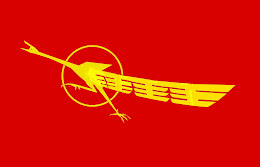





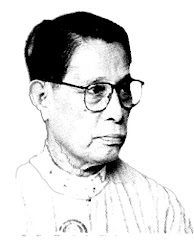


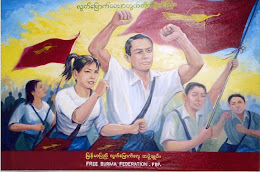





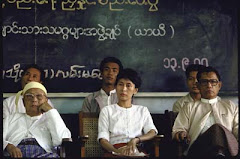

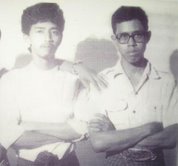

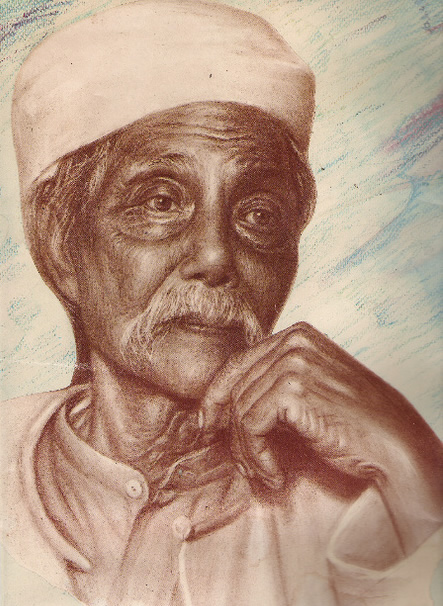
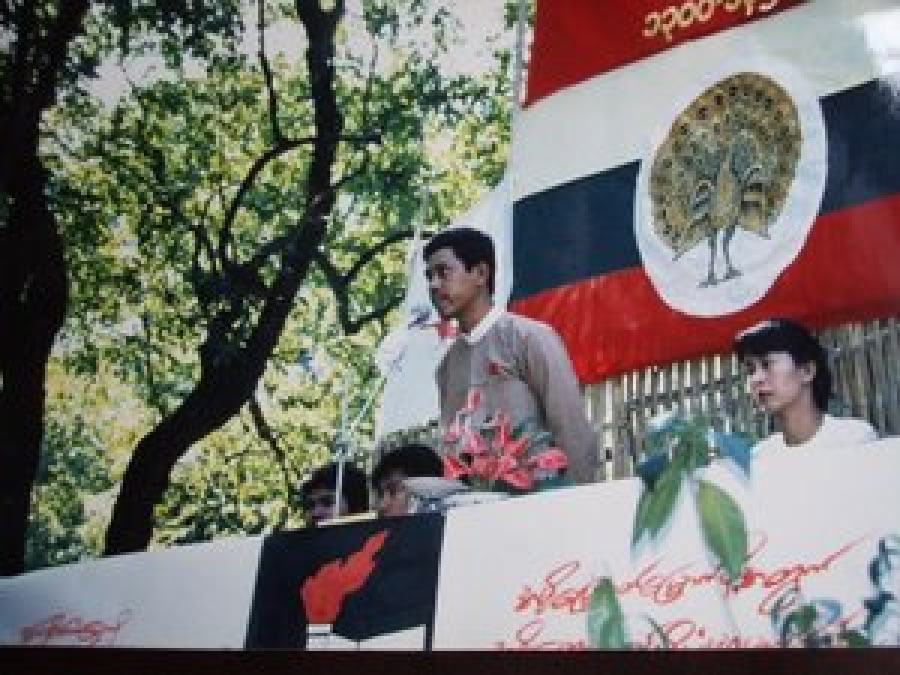
No comments :
Post a Comment